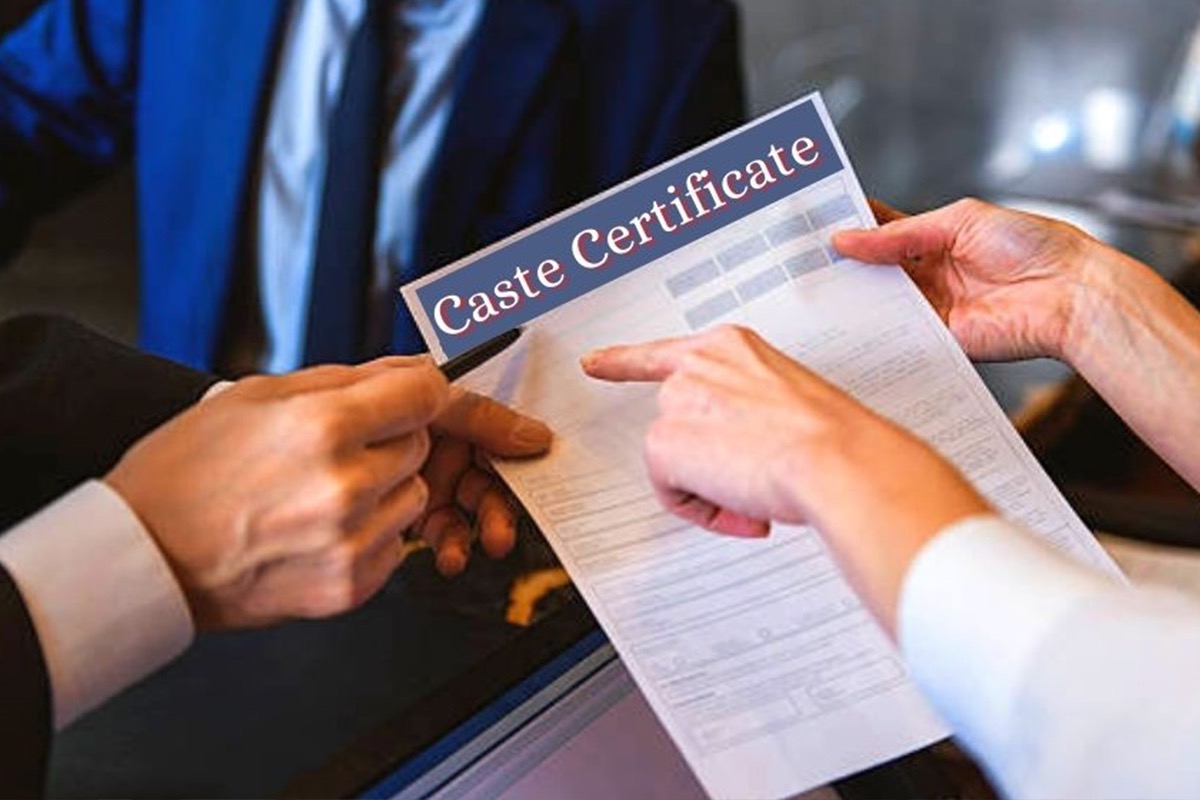In a peculiar move, the Grand Alliance government in Bihar has introduced a new system for the identification of castes by assigning numeric codes for 216 different social groups in one of the most-sensitive Indian states.
The announcement has been made ahead of the commencement of the second round of caste-based census on April 15. Authorities have described the move as a step towards modernizing the caste-based identification system and streamlining government policies to ensure it meets the intended social groups.
Among the 126 castes, the Kayastha, Brahmin, Rajput, and Bhumihar castes will be identified with their respective assigned codes –22, 128, 171, and 144. Code number 1 has been assigned to the Agrahari community while code number 126 will be allotted to ‘Others’ – social groups not listed by the government. The Kevani caste will be identified through code number 215.
Sub-groups in a community have been assigned separate codes. For example, the Baniya community has been classified in 20 different sub-castes with different numeric codes.
These codes will be used in application forms and other reports in the future, enabling easy identification of castes. The Bihar government plans to use this data to base its development plans on. In addition, this new system will also prevent the possibility of duplicate entries in the census data.
However, the move has been met with criticism by some politicians, including BJP MLA Haribhushan Thakur Bachaul, who believes the government is using caste politics to solidify its voter base.
Speaking to reporters at the Bihar Assembly complex, BJP MLA Haribhushan Thakur Bachaul expressed his disappointment, stating that the “centuries-old institution of caste is being codified”.
Another BJP legislator, Ramsurat Rai said, “The chief minister is doing all this to enable quota within quota. It is not good.”
In the Patna district, 12,831 census workers will conduct a census of 7,352,729 people from April 15 to May 15. The census will be conducted from a single location, and if a person lives elsewhere, they will be asked and counted from their registered location to prevent duplicate entries.

